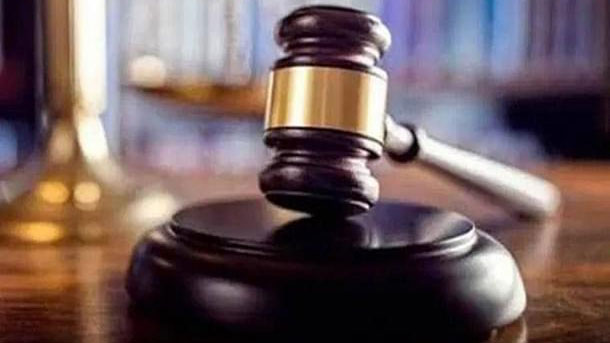The High Court of Jammu and Kashmir and Ladakh has ordered an alleged militant’s exhumation for his reburial in his village, the directive going against the administration’s controversial policy of denying insurgents’ bodies to their families to avert protests.
In a landmark judgment, Justice Sanjeev Kumar on Friday directed the authorities to exhume the body of 23-year-old Amir Liaqat, who the government claims was a terrorist. He was secretly buried in Wadder Payeen village close to the Line of Control in Handwara last November.
“The high court, however, did not direct the government to exhume other bodies or stop the practice of withholding militants’ bodies from their families,” said Deepika Rajawat, counsel for the petitioner, Amir’s father.
“There is a law (against denying bodies to families). Anyone can avail the provisions of the law (by moving court),” Rajawat said.
The government has buried hundreds of people, mostly militants, as part of a two-year-old policy not to hand over militants’ bodies to their families to pre-empt an outpouring of public emotions leading to protests.
The slain were secretly buried in distant graveyards, with only a handful of relatives allowed to attend their last rites.
Amir was killed with three others — Srinagar businessmen Mohammad Altaf Bhat and Mudassir Gul, and alleged Pakistani militant Haider — during what the security forces have described as a gunfight in a Srinagar building in November. The families of Amir, Bhat and Gul say they were innocent men killed in a fake encounter.
The police had initially refused to hand over any of the bodies to their families. All four were buried in a graveyard reserved for militants. After an outcry, the bodies of Bhat and Gul were exhumed and returned to their families a few days later.
Police told the high court that Haider and Amir were “terrorists” while Bhat and Gul were “terrorist associates” — despite having acknowledged publicly earlier that Bhat was innocent — as the ground for denying Amir’s body to his family.
Justice Kumar said in his order that he found no logic in the distinction.
“Since the petitioner was a resident of Gool, a remote village in Jammu province and did not have (much) say in (the) Valley, and therefore his request (for his son’s body) was arbitrarily turned down,” he said.
The court said the denial of Amir’s body to his family was arbitrary and fell foul of Article 14 (right to equality) of the Constitution.
Justice Kumar directed the administration to exhume the body in the petitioner’s presence and arrange its transport to the graveyard in Amir’s home village in accordance with religious obligations.
“The apprehensions of law and order getting vitiated at this point of time appears illusory,” he said.
If the body is found to be highly decomposed and cannot be taken to the village for a reburial, the family would be entitled to a compensation of Rs 5 lakh, the court said.
“I will take the body to my home even if there are no remains and only soil is left,” Amir’s father Latief Magrey told The Telegraph.
“There is no question of accepting Rs 5 lakh and (leave) him buried there (at the Handwara graveyard). We will bury him in our own graveyard. The order is proof that my son was not a terrorist.”
The court order does not go into the question whether Amir was a militant.
The court order speaks of the larger issue of bodies being denied to families, and not just in the context of Kashmir.
The “right of next of kin of the deceased to have their dear one cremated or buried as per religious obligations and religious belief, that the dead person professed during his lifetime, is part and parcel of right to life guaranteed under Article 21”, it says.
“This right will also include the choice of relatives to have the dead body cremated or buried at his native place. It is not uncommon that the graves of the dead are maintained by the relatives and are visited by the relations and close friends to pay respect and homage on certain occasions.”
The judge said the question that needed to be addressed in the context of the “present controversy” (related to Amir) was whether the State could deny this right in the name of preventing law-and-order problems.










